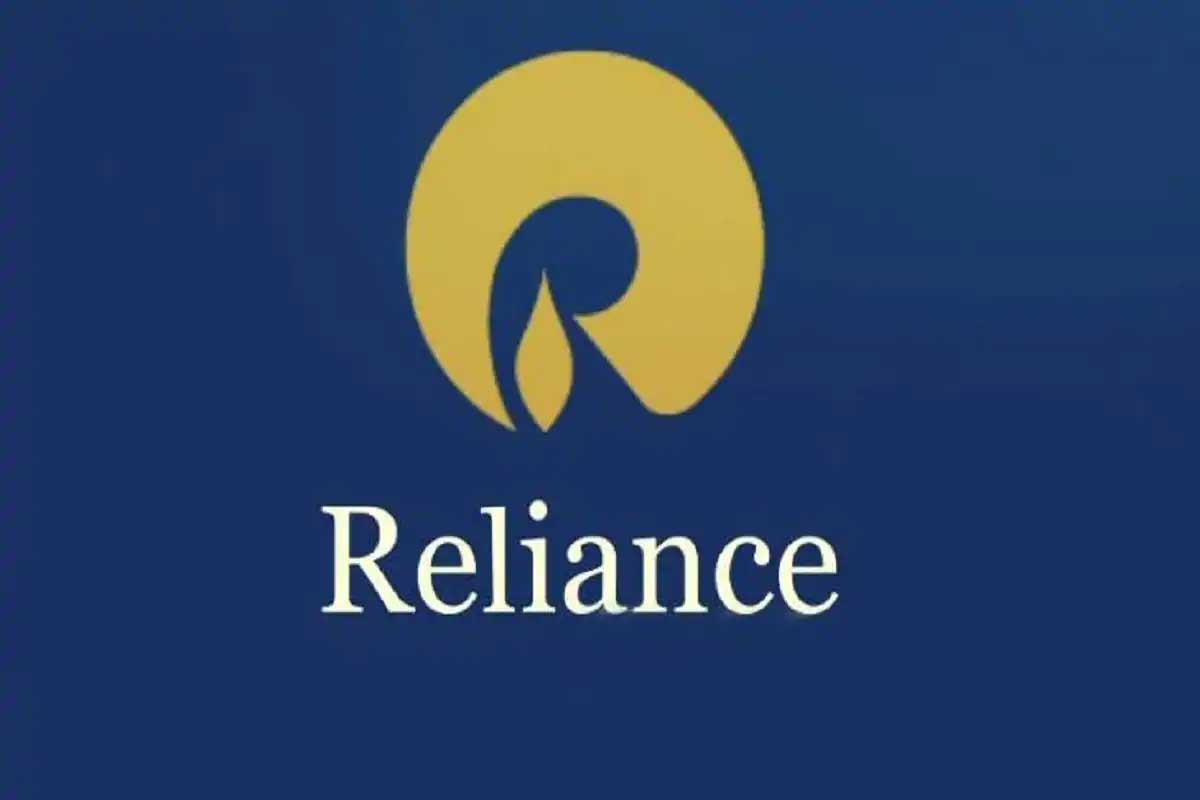
Reliance Industries Limited (RIL) made the headlines on January 4, 2021 following a public statement assuring farmers that it has not indulged in contract farming or purchase of agricultural land and has “absolutely no plans to do so.”
However, the two-page long statement seems flimsy after considering past activities of the company under Corporate Social Responsibility (CSR) schemes. The company’s flagship programmes such as the Bharat India Jodo (BIJ) scheme and plans to engage in biodiesel production while engaging farmers have especially been criticised by experts and media channels for its ‘self-promoting’ attitude.
RIL introduces the scheme on its website using flattering catch-phrases such as “enriching lives of marginalised communities” and “enhances livelihood opportunities,” promises to work with grassroot organisations and technical resource agencies to “create a knowledge and resource platform for collaborative large-scale impact.”
Yet, agricultural scientist A. Prasad Rao voiced concerns about details of the 2010 initiative in a Frontline article published in 2013. He pointed out that while the programme takes care of all expenses from land tilling to input supply and technology for the first three years, it also binds peasants with contracts.
Rao said that farmers unknowingly agree to conditions stipulated in the English-language contract, including a clause that stipulates agreement details should not be revealed to anyone until the expiry of the three-year period. Another clause enables a member of the village Farmers’ Association to become a member of the farm producers’ company. Moreover, any dispute can only be settled at the headquarters of Reliance Foundation (Mumbai), effectively keeping farmers from legal help.
Similarly, during a legal analysis of the three farm laws – the Farmers (Empowerment and Protection) Agreement on Price Assurance & Farm Services Act, the Farmer’s Produce Trade and Commerce (Promotion and Facilitation) Act and the Essential Commodities (Amendment) Act – SabrangIndia observed that the contract farming Act puts similar legal restrictions of farmers.
The BIJ programme also claims to encourage ecological sustainability through resource conservation, use of cleaner technologies and promotion of biodiversity. At the same time, RIL also employed thousands of farmers to invest in jatropha plantation, a water-intensive crop if used for commercial purposes, said DownToEarth in 2015. The report worried about possible drinking water shortage and encroachment on pastoral lands and animal habitats if plans continued.
A social worker based in Bilaspur, Chhattisgarh Ashok Pradhan told DownToEarth that large corporations would use the jatropha-hype created by the government to grab vast stretches of forest and pastoral land. He also mentioned that the state government promised 200,000 hectares (ha) to some of the largest private sector companies such as Reliance.
The article said the rush for land would only victimise poor farmers, fighting to protect their land from rich Haryana and Punjab farmers eyeing the lucrative bio-diesel business.
Earlier in 2008, Livemint stated that RLS has “alliances” with farmers in Andhra Pradesh, Maharashtra, Madhya Pradesh and Gujarat, to build clusters of 100,000 acres for 100,000-tonne biofuel extraction plants. RIL also signed agreements with 1,200 farmers for one- and two-year-old jatropha plantation on 2,200 acres of wasteland in Nizamabad, Andhra Pradesh.
When SabrangIndia approached farmer leader Hannan Mollah regarding the company’s statement he said, “Reliance has thousands of acres of land under its ownership. This land has not fallen from heaven but has been taken from farmers. We are sure that they will continue to do so in future.”
Earlier, the All India Kisan Sangharsh Coordination Committee (AIKSCC) rejected RIL’s statement as a “ploy to serve business interests.”
Incidentally, Reliance, the biggest mango producer in the country, also owns 600 acres of land at Jamnagar, Gujarat.
Regardless, the statement says that the company does not own agricultural land and even goes so far as to say that it helped farmers gain significant profits by creating technology-enables supply chains.
In response, Mollah said, “Compared to farmers’ benefit, retail chain owners have much more to benefit since they are ones who determine the quality of products and the middlemen who carry out the business. This narrative of companies losing out for farmers is completely false. Reliance has always believed in advertisement. That is what this statement is. It is an advertisement created for the benefit of Reliance.”
Related:
Reliance Industries claims it stands with farmers, not for contract farming
Are the new farm laws constitutional?
Haryana: Farmer protesters suffer tear gas shellings, survivors claim police used expired shells
Farmers protest faces new enemy in the form of winter rains
Farmers ask Centre: Do you stand with corporates or farmers?
Former Minister calls Centre’s three agri laws “draconian”, demands repeal
Rajasthan julloos at par with Delhi protests! Farmers observe relay fast
Change of Land Use permission granted to Adani raises eyebrows
